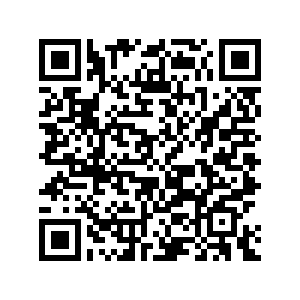GENEVA, Oct. 27 (Xinhua) -- The Swiss Federal Council has formally confirmed that the country will continue to adhere to political neutrality despite the changes in the international situation.
"Current neutrality practice provides sufficient scope to use neutrality as an instrument of Swiss foreign and security policy in the present international context," the Swiss Federal Council said in a statement after a meeting by its seven members on Wednesday.
The Council said its latest announcement is a response to a group of Parliament members calling for "clarity and guidance on neutrality policy" as the Russia-Ukraine conflict continues.
After the outbreak of the Russia-Ukraine conflict this year, the Alpine nation has adopted European Union sanctions designed to punish Russia and in response, Russia classified Switzerland as an unfriendly country, saying Switzerland was no longer neutral.
According to the statement, the last time the Swiss Federal Council addressed the topic in detail was in the context of the 1993 White Paper on Neutrality.
"The Federal Council has therefore concluded that it will continue to adhere to the practice of neutrality established in the 1993 White Paper on Neutrality. The Federal Council wants to retain neutrality as an instrument of Swiss foreign and security policy. In doing so, it aims to safeguard security, independence and prosperity while working for a peaceful international order based on international law, human rights and democracy," the statement said.
Local media Swissinfo said Thursday that Switzerland's current policy of neutrality means it doesn't take part in armed conflicts and doesn't support any warring party. As a neutral country, it also acts as a diplomatic go-between when states partially or fully break off relations.
However, the Swissinfo article said, in Switzerland, a domestic debate is raging over how to interpret neutrality policy in two opposing camps.
"One is conservative, mainly represented by the rightwing Swiss People's Party, and wants to keep to a strict interpretation of neutrality. The opposing, more liberal camp, which represents a majority of the government, is pushing for a more active role in international politics," said the Swissinfo article. ■
